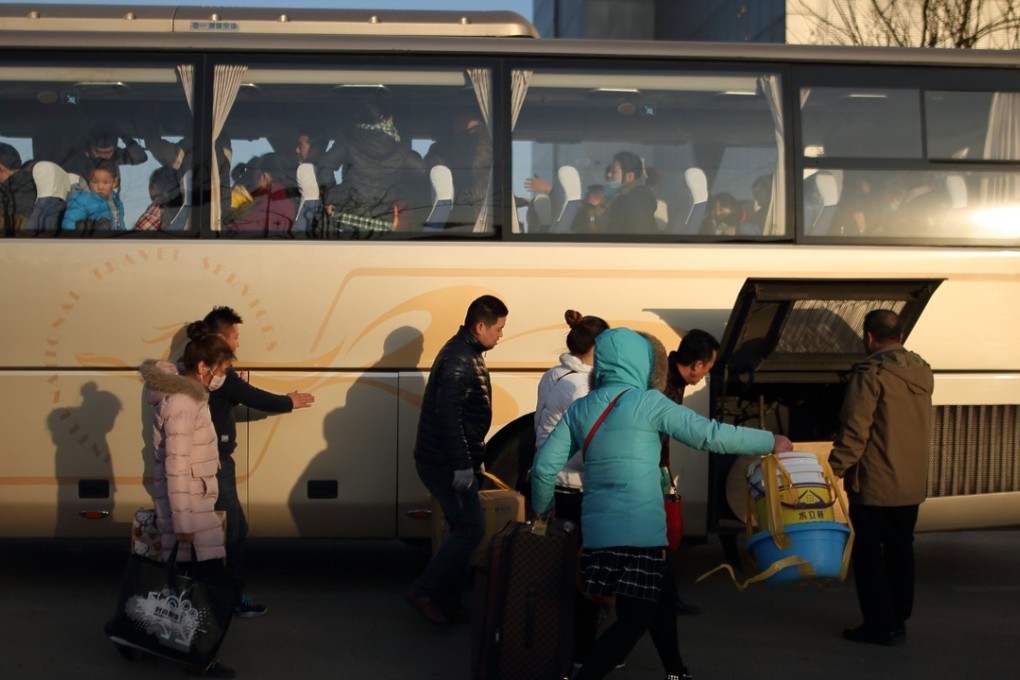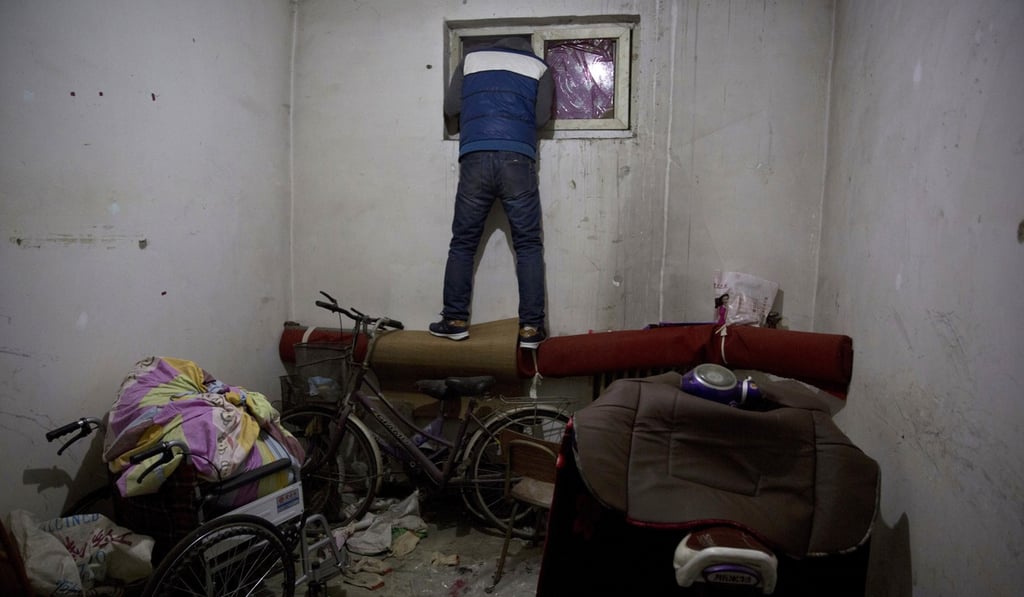Beijing’s eviction of migrants exposes officials’ prejudice and ignorance of human rights
Deng Yuwen says city governments in China should respect people’s freedom of mobility. Sacrificing migrant welfare to compensate for the failings of the capital’s population control policy is shameful discrimination

As the capital, Beijing has access to the best resources in the country, and it draws Chinese from all over the country to live and work there.
To be fair, compared with other Chinese cities, Beijing is not particularly hostile towards outsiders. Faced with an influx, the government has had to repeatedly adapt its policies to cope with the problems this brings, including resource shortage, traffic congestion and a deteriorating social order.
Under the circumstances, the authorities introduced a raft of stringent measures in recent years to force “foreigners” out of the capital. These include strictly controlling the increase of housing units, banning the group-leasing of properties, shutting down markets for low-end consumer goods, and raising the entry bar for children of non-native residents seeking an education. Meanwhile, migrants became known not just as “foreigners”, but also “low-quality population” and “low-end population”.

The measures failed to curb the numbers, and Beijing only succeeded in driving the “low-end people” to the city’s fringes and remote outskirts. District authorities turn a blind eye to the areas mostly inhabited by migrants, and most do not bother to provide even basic public services. Worse, in some cases, the incorporated village – at the bottom rung of the hierarchy of urban administrators – even takes the opportunity to engage in rent-seeking, charging high fees for water and electricity. Then, in the event of an accident or a campaign, the authorities would enforce the law and ruthlessly drive out the migrants.